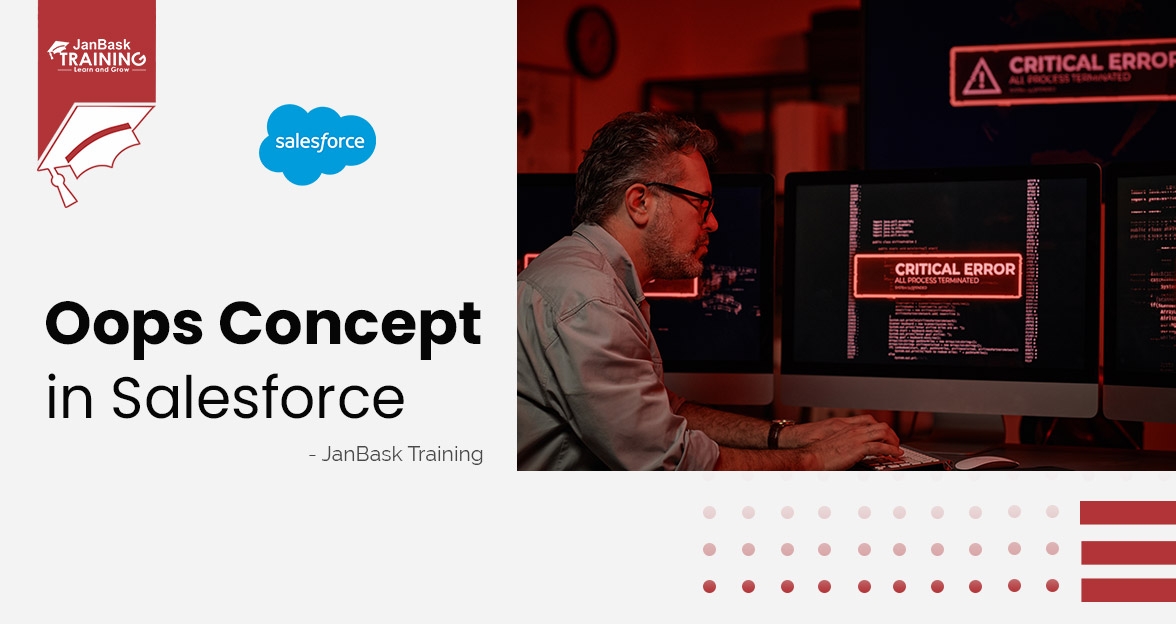Grab Deal : Upto 30% off on live classes + 2 free self-paced courses - SCHEDULE CALL
The term "customer relationship management" (CRM) is a relatively new concept, that appeared in the early 1990s. Since then, many have attempted to pin down the boundaries of relationship management. Due to CRM's infancy as a commercial or organizational activity, there is no agreed-upon definition.
The three-letter acronym CRM is a source of contention over its intended meaning. For instance, although "CRM" is often understood to refer to customer relationship management, "CRM" has also been used to refer to "customer relationship marketing". Companies in the IT industry often use the word customer relationship management (CRM) to refer to their automated marketing, sales, and customer care processes.
What this does is link CRM with digital tools. Despite the proliferation of CRM software since its inception in 1993 with the launch of Siebel Systems Inc., the industry was once dominated by a single company: Siebel Systems. CRM as a word has been in use since that time. According to Forrester, a technology research firm, annual investment in CRM solutions globally will hit US$11 billion in 2010. Others, who place more emphasis on management than technology, argue that CRM is just a methodical strategy for creating and sustaining mutually beneficial connections with customers.
CRM in cloud computing is a useful tool for building a strong relationship with the consumer. The cloud computing courses will help you gain hands-on experience with its concepts and how to implement its different services.

Now that you’ve seen what CRM is, let’s take a look at strategic CRM.
Understandably, many people get CRM wrong, given how recently the concept has emerged. The following is a description of them.
The goal of an essential part of marketing strategy is creating and using comprehensive client databases for advertising. In today's businesses, data is gathered from various channels. Computers are used to verify, clean, integrate, and store this data, often in data warehouses or data marts.
There are many different marketing strategies, but some of the most common include product differentiation, customer satisfaction, retention of customers, and client advancement (cross-selling and up-selling) the numerous marketing tasks that may be facilitated using CRM software tools. The scope of operational CRM, however, includes not just marketing but also sales and customer service.
When a business decides to become more customer-centric via the use of CRM (CRM) software, information about customers is typically disseminated to departments outside marketing.
Many CRM deployments, as a consequence, are treated more like IT projects than strategic endeavors. Indeed, implementing a CRM system often necessitates the use of IT solutions. However, I don't want to be misunderstood. Claiming that IT is central to CRM is like arguing that the spade or brush are the most important parts of gardening or painting. IT acts as a catalyst in this way.
Industries as diverse as an auto rental, airlines, grocery stores, and hotels all use loyalty programs. Purchases allow customers to earn credits, such as airline miles. These may be cashed in at a later date. When applying to join a loyalty program, most participants are asked to fill out an application form. Along with purchase data, this demographic information is often utilized to improve a company's ability to communicate with and cater to its customers.
Strategic CRM is a viable option for every business. Being customer-focused may be a motivating force for any business. Executives may put the client at the center of their businesses by establishing a vision, purpose, and values. Technology like CRM (CRM) could aid in this change. There are undoubtedly more fruitful businesses than others.
Many different types of businesses employ CRM, each with its own unique set of challenges when it comes to customer interaction. The four industries we'll examine are banking, automaking, IT, and consumer goods.There are a great many regular people who do business with banks. Institutions in the banking industry need CRM for its analytic potential, which allows them to reduce client turnover and improve cross-selling results. Data mining methods may determine who among your clients is the most possible defection, what may be done to win them around who among them is most likely to buy your cross-sell offerings, and how you can effectively convey those offers to them.
Automobiles are often sold via a system of wholesalers and retailers. They seldom interact with the vehicle's owner or operator. They use CRM because it allows them to build stronger, more fruitful connections with their distribution channels. Despite their geographical separation from drivers, they have developed online platforms for communicating with their customers. In turn, this has helped them get a deeper understanding of what their clients need.Complex goods made by IT firms are often distributed via joint ventures. For distribution and sales, for instance, small, creative software producers have usually worked with larger businesses like IBM. To counter this, however, firms like Dell have developed novel channel strategies. That's because they bypass intermediaries and deal directly with consumers (DTC).
Producers of consumer products interact with the wholesale sector. CRM is used to cultivate fruitful partnerships with merchants. With CRM, they can calculate the profitability of each client and the cost of providing each service. Customers who are very important to a company's overall strategy are the targets of key account management strategies. Accuracy in stock replenishment is improved through IT-enabled buying operations.

Salesforce Course Training
Salesforce is the world’s 1 reading CRM (Customer Relationship Management) platform, helping businesses marketing, sales, commerce, service, and IT teams to work together from anywhere so that your customers are happy. Online Salesforce training helps accelerate your career by proving your knowledge and experience.
Different parts of Salesforce's architecture are as follows:
When using Salesforce as a PaaS (Platform as a service), you don't need to worry about purchasing a separate platform. You may build and release new software using the programmer's source code.
As a marketing and sales lead, they can help you analyze email activity and gauge client engagement, all of which are important in determining the likelihood of a lead becoming a paying customer.
Contact management: This function allows you to access information about your clients, such as their past interactions with your company, how often you communicate with them, and so on. Vendor is assisted in the generation of an opportunity and a quotation.
As you've seen in this blog, the term "customer relationship management" Depends on context, "(CRM)" might mean several various things. A number four distinct flavors of customer relationship management (CRM) to choose from. Several common misconceptions exist about CRM. To provide just two examples, some individuals mistakenly associate CRM with loyalty programs, while others see CRM only in terms of its impact on information technology. Although CRM is more often associated with commercial enterprises, it is also used in the nonprofit sector. CRM is important to a wide range of groups, including CRM consultants, CRM software manufacturers, CRM application service providers, CRM hardware/infrastructure suppliers, CRM-implementing businesses, and CRM consumers. A variety of Salesforce CRM models have been created.
Finally, we have produced a definition that underpins the rest of this book. We define CRM as the core business strategy that integrates internal processes and functions, and external networks, to create and deliver value to targeted customers at a profit. It is grounded on high-quality customer-related data and enabled by information technology.

How To Convert Lookup To Master-Detail?



What Are External And Big Objects In Salesforce?

Cyber Security

QA

Salesforce

Business Analyst

MS SQL Server

Data Science

DevOps

Hadoop

Python

Artificial Intelligence

Machine Learning

Tableau
Download Syllabus
Get Complete Course Syllabus
Enroll For Demo Class
It will take less than a minute
Tutorials
Interviews
You must be logged in to post a comment